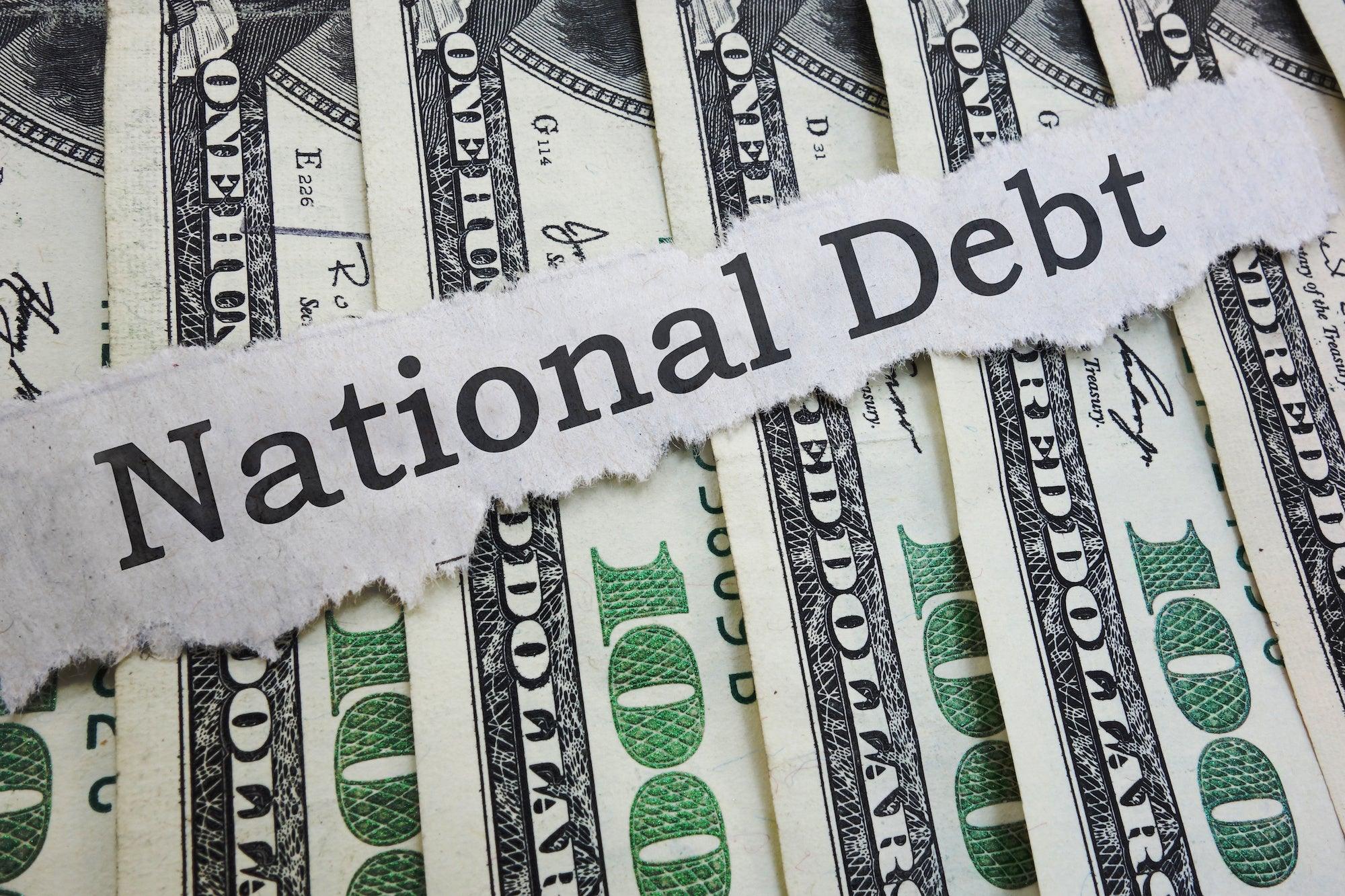The debt ceiling, also known as the statutory debt limit, is a legal limit set by the United States federal government on the total amount of national debt that it can incur. This limit was established to help control government spending and to ensure that the country's financial stability is maintained. The debt ceiling has been in place since 1917 and has been raised numerous times over the years to accommodate the government's growing debt.
As a business owner, it's important to understand the concept of the debt ceiling and how it can impact your business operations. If the debt ceiling is not raised, the government will be unable to pay all of its bills, including interest payments on its debt, Social Security benefits, and military salaries. This could lead to a government default, which is a situation where the government fails to pay its debts on time.
A government default can have significant consequences for businesses and the economy as a whole. It can lead to a decrease in consumer confidence and spending, which would hurt businesses that rely on consumer spending. Additionally, a financial crisis could result in decreased investment and higher borrowing costs for businesses, making it more difficult for them to access the capital they need to grow and expand.
In the long term, a government default could also lead to inflation and decreased economic growth, which would harm businesses. Inflation can increase the cost of goods and services, making it more difficult for businesses to remain competitive. Decreased economic growth can lead to a decrease in demand for goods and services, resulting in reduced sales and profits for businesses.
It's also important to note that a government default could have global consequences, as the United States is a major player in the global economy. The impact of a default could ripple through the world economy, affecting businesses in other countries as well.
To mitigate the potential impact of a government default on your business, it's important to have a solid financial plan in place. This may include diversifying your revenue streams, reducing debt and increasing your cash reserves. It's also important to stay informed about the debt ceiling and the potential consequences of a government default, so that you can make informed decisions about your business operations.
The debt ceiling is a critical aspect of the US government's fiscal policy that can have a significant impact on businesses. As a business owner, it's important to understand the concept of the debt ceiling and the potential consequences of a government default, so that you can take steps to protect your business and prepare for any potential impacts.


